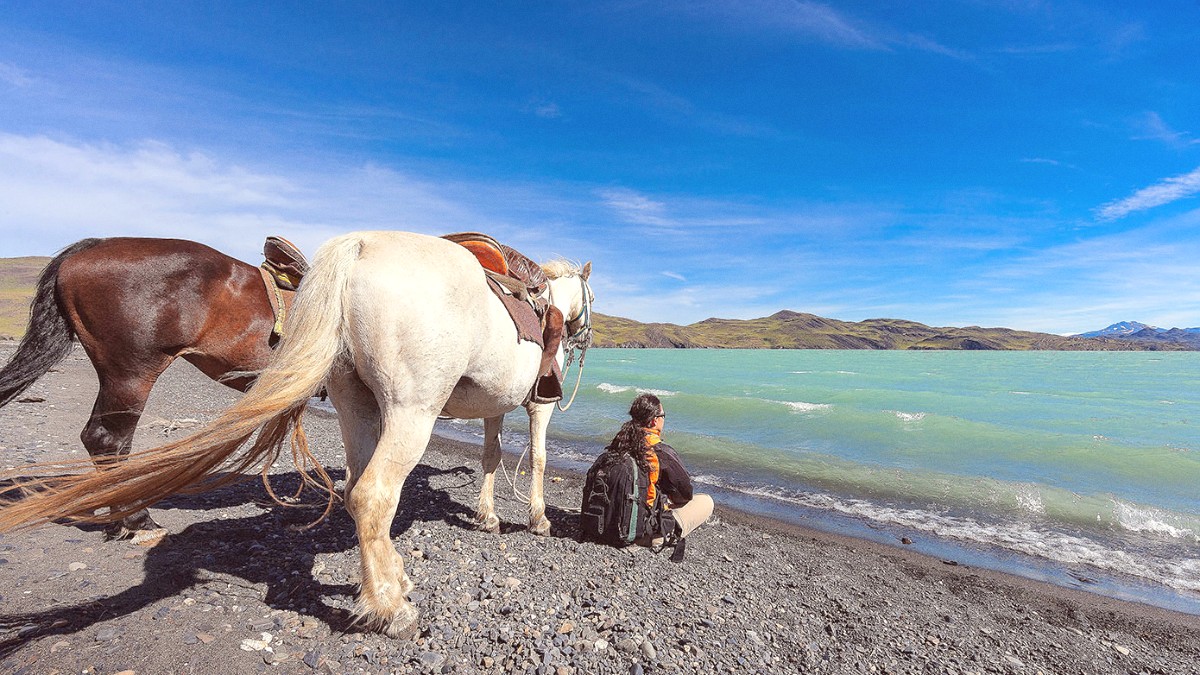
Nauru has very few formally protected terrestrial areas due to extensive mining. Conservation efforts are ongoing but face significant challenges.
Waste management poses a major challenge. Landfill space is limited, and recycling infrastructure is minimal.
Freshwater resources are limited, relying mainly on rainwater collection and desalination plants. Water conservation holds importance.
Your choices can positively impact Nauru's delicate environment.
Contribute to environmental care through conscious choices.
Proper disposal of waste is fundamental for Nauru's ecosystem.
Make conscious decisions for a lighter impact.
Mitigate your travel impact, even for distant journeys.
Find accommodations committed to ecological principles.
Explore Eco-friendly Stays at EcobnbReduce your travel impact by offsetting carbon emissions.
Offset Your Travel Carbon with TerrapassPack a small bag for your trash. This makes possible responsible waste management, especially in areas with limited bins.
Respectful interactions enrich your Nauru experience.
Nauruan language, dance, and traditions undergo preservation efforts.
Simple gestures contribute to positive connections.
Mind privacy and sensitive sites.
Show reverence when visiting places of worship.
Support brands and operators committed to positive impact.
Choose gear from brands committed to environmental protection, like Patagonia.
Support tours that prioritize local communities and environments, such as G Adventures.
Contribute to conservation efforts by visiting sites like The Rainforest Site (GreaterGood).
Your choices as a traveler can positively affect the local economy.
Direct actions yield a positive economic impact.
Ensure your interactions are respectful and fair.
Your spending choices directly benefit the community.
Choosing local businesses keeps funds circulating within Nauru.
Direct purchases from individuals strengthen their livelihoods.
Your patronage fosters small business expansion.
If you wish to contribute, support reputable local charities or community projects rather than giving directly to individuals. This helps ensure resources reach those in need effectively and fosters sustainable development. Inquire through local community leaders or church groups for legitimate needs.